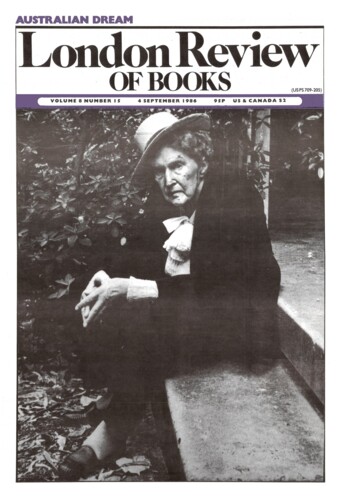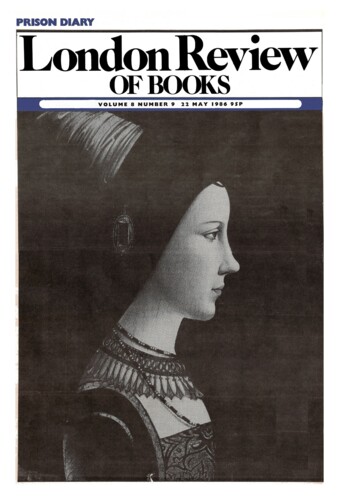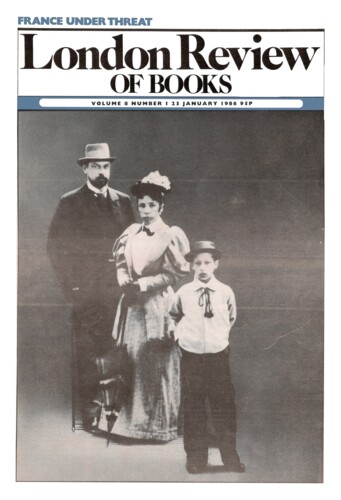26 July 1987, Court of Appeal: the Public Interest v. the Interested Public, Ex parte the Fourth Estate
E.P. Thompson, 4 September 1986
Before Sir John Deodoran, Magus of the Scrolls, Lord Justice Clam and Lord Justice Null.
Law Reporter: E.P. Thompson
The Court of Appeal enforced circumlocutory injunctions restraining the Fourth Estate from publishing whatever any judge had injuncted, whether it had already been universally published or no. The greater part of the submissions were heard in camera and the Court injuncted...



